
Singida: The Heartbeat of Tanzania's Serenity
Singida, a city nestled in the central region of Tanzania, offers a tranquil escape from the bustling tourist hubs. Known for its serene landscapes and beautiful lakes, Singida is a hidden gem waiting to be explored. The city is surrounded by rolling hills and dotted with traditional villages, giving visitors a glimpse into the authentic Tanzanian lifestyle. The city is famous for its freshwater lakes, such as Lake Singidani and Lake Kindai, which provide picturesque spots for picnics and bird watching. The calm waters of these lakes mirror the peaceful environment of the city, making it a perfect destination for those seeking relaxation. Singida is also rich in cultural heritage. The local markets are vibrant with colors, sounds, and the aroma of fresh produce and traditional spices. Here, you can interact with the friendly locals and discover the unique crafts and foods that define this region. Traditional dances and music performances are common, offering a delightful experience of Tanzanian culture. For the adventurous, the nearby Mount Hanang offers hiking opportunities with breathtaking views from the summit. The trails are less crowded, allowing for a more personal and immersive experience with nature. Whether you are a nature lover, a culture enthusiast, or simply looking to unwind, Singida provides a perfect blend of natural beauty and cultural richness that will leave you enchanted.
Local tips in Singida
- Visit the local markets early in the morning for the freshest produce and a lively atmosphere.
- Carry cash, as many local vendors and small shops may not accept credit cards.
- Hire a local guide for the best experience when hiking Mount Hanang.
- Try the local delicacy, 'ugali', at traditional restaurants for an authentic taste of Tanzanian cuisine.
- Respect local customs and traditions, especially when visiting villages and cultural sites.
Singida: The Heartbeat of Tanzania's Serenity
Singida, a city nestled in the central region of Tanzania, offers a tranquil escape from the bustling tourist hubs. Known for its serene landscapes and beautiful lakes, Singida is a hidden gem waiting to be explored. The city is surrounded by rolling hills and dotted with traditional villages, giving visitors a glimpse into the authentic Tanzanian lifestyle. The city is famous for its freshwater lakes, such as Lake Singidani and Lake Kindai, which provide picturesque spots for picnics and bird watching. The calm waters of these lakes mirror the peaceful environment of the city, making it a perfect destination for those seeking relaxation. Singida is also rich in cultural heritage. The local markets are vibrant with colors, sounds, and the aroma of fresh produce and traditional spices. Here, you can interact with the friendly locals and discover the unique crafts and foods that define this region. Traditional dances and music performances are common, offering a delightful experience of Tanzanian culture. For the adventurous, the nearby Mount Hanang offers hiking opportunities with breathtaking views from the summit. The trails are less crowded, allowing for a more personal and immersive experience with nature. Whether you are a nature lover, a culture enthusiast, or simply looking to unwind, Singida provides a perfect blend of natural beauty and cultural richness that will leave you enchanted.
When is the best time to go to Singida?
Iconic landmarks you can’t miss
Regency Hotel & Resort
Discover the perfect blend of comfort and adventure at Regency Hotel & Resort in Singida, Tanzania.

KBH Hotel
Experience the perfect blend of local cuisine and stunning lakeside views at KBH Hotel in Singida, Tanzania.
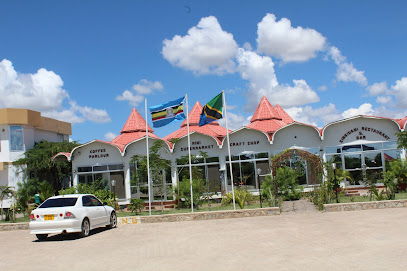
Lake View Resort & Apartments
Discover tranquility and adventure at Lake View Resort & Apartments, where stunning lake views and comfortable stays await your arrival.
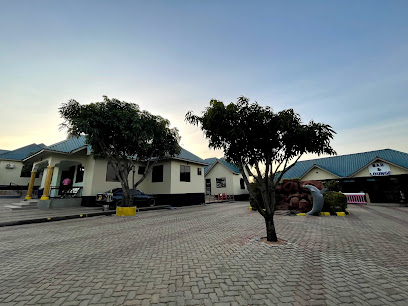
Isimila stone Age site
Explore the ancient Isimila Stone Age Site in Tanzania, where history and nature intertwine, revealing secrets of humanity's past.
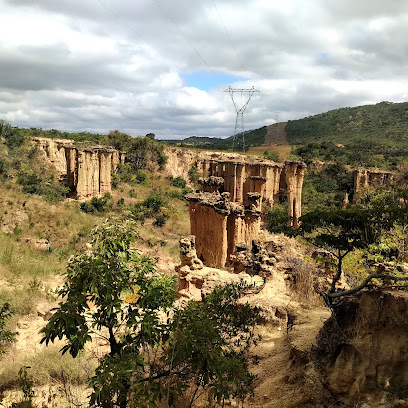
Kristu Mfalme Catholic Church
Discover the architectural beauty and spiritual serenity of Kristu Mfalme Catholic Church, a tranquil retreat in Singida, Tanzania, rich in community and culture.
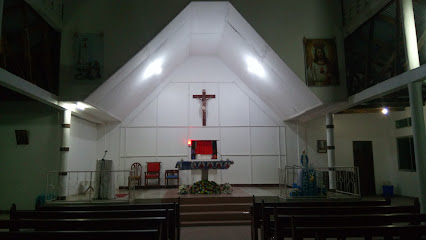
Nyokaa Night Club
Discover the heartbeat of Singida's nightlife at Nyokaa Night Club, where dance, music, and culture collide for an unforgettable evening.

Kondoa Irangi Rock Paintings
Explore the mesmerizing Kondoa Irangi Rock Paintings in Tanzania, a UNESCO World Heritage site showcasing ancient artistry and cultural heritage.
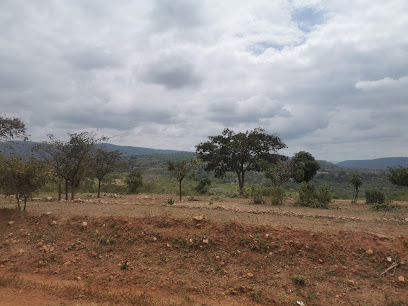
JJ The Great Pub
Discover the lively atmosphere of JJ The Great Pub in Singida, where locals and tourists unite for a memorable night out with great drinks and entertainment.
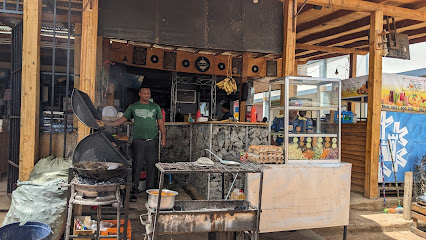
Istiqaama Mosque مسجد
Experience the serene beauty and cultural richness of Istiqaama Mosque in Singida, a must-visit spiritual haven in Tanzania.
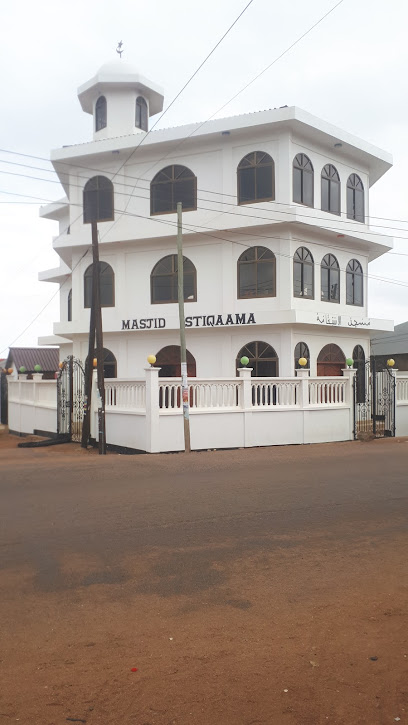
NBC | Bank | Singida
Discover the convenience of banking at NBC Bank in Singida, where essential financial services meet local hospitality.
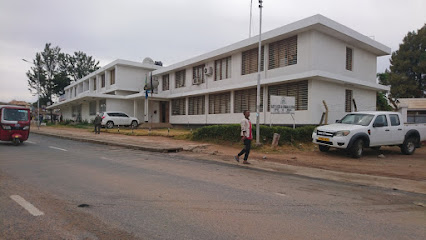
Sabasaba Grounds
Discover the tranquility of Sabasaba Grounds, a lush park in Singida, Tanzania, perfect for relaxation, picnics, and local cultural experiences.
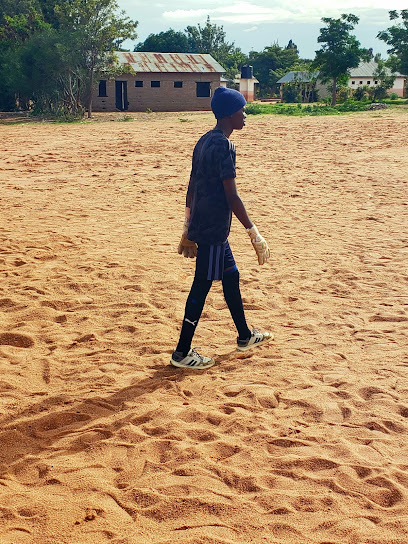
KBH HOTEL
Experience the warmth and charm of Singida at KBH Hotel, your cozy bed and breakfast retreat in Tanzania's captivating heartland.
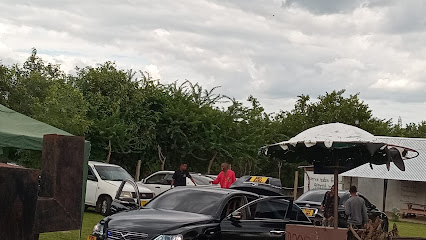
Singidani Primary school
Experience the vibrant culture of Singida at Singidani Primary School, a symbol of education and community spirit in Tanzania.

Singidani Health Center
Experience health and community at Singidani Health Center, a vital resource for wellness in Singida, Tanzania.

Unmissable attractions to see
Serengeti National Park
Explore the boundless beauty and wildlife of Serengeti National Park, a UNESCO World Heritage Site and safari paradise in Tanzania.
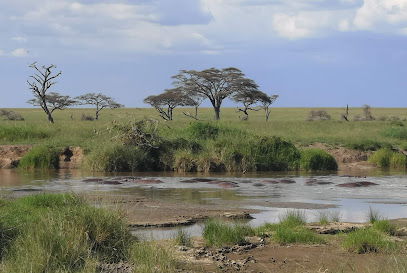
Ngorongoro Conservation Area
Explore the breathtaking Ngorongoro Conservation Area, a UNESCO World Heritage Site offering stunning landscapes, diverse wildlife, and rich cultural experiences.

Tarangire National Park
Experience the natural wonders of Tarangire National Park, home to diverse wildlife, stunning baobab trees, and breathtaking landscapes in Tanzania.
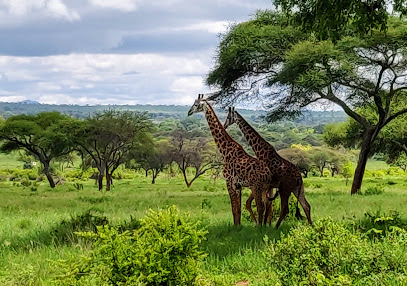
Lake Manyara National Park
Explore Lake Manyara National Park, a stunning Tanzanian treasure filled with diverse wildlife, breathtaking landscapes, and unforgettable experiences.
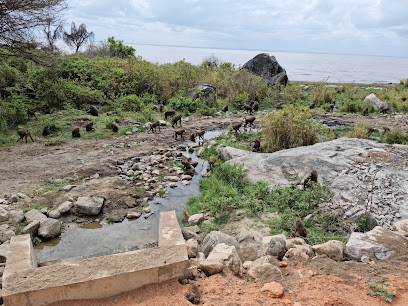
Saanane National Park
Experience the natural beauty and wildlife of Saanane National Park, a hidden gem near Mwanza, Tanzania, perfect for nature enthusiasts and adventure seekers.
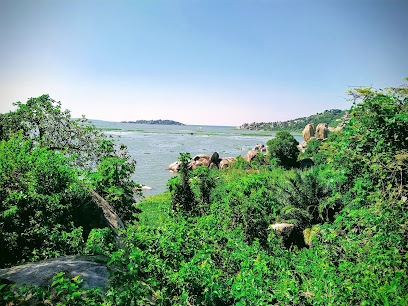
Lake Manyara Treetop Walkway
Explore the breathtaking heights of Lake Manyara Treetop Walkway, where adventure meets stunning wildlife views in Tanzania's natural paradise.
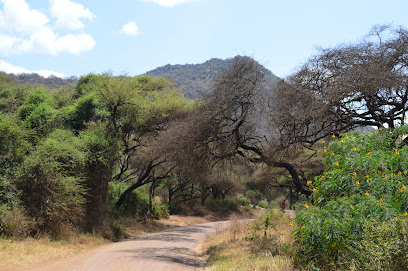
Kondoa Irangi Cultural Tourism
Explore ancient rock art and immerse yourself in the vibrant culture of Kondoa at the Kondoa Irangi Cultural Tourism site.
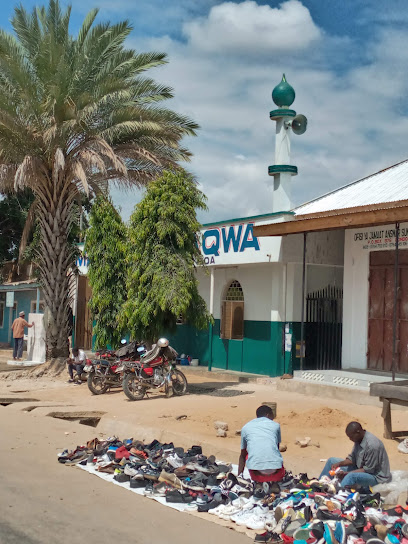
Lake Singida
Experience the tranquility and natural beauty of Lake Singida, a stunning lake in Tanzania perfect for relaxation, exploration, and wildlife encounters.
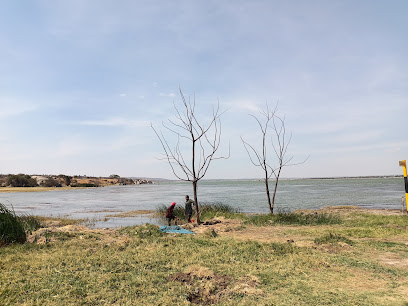
Rungwa Game Reserve
Experience the wild heart of Tanzania at Rungwa Game Reserve, a sanctuary for wildlife enthusiasts and nature lovers alike.
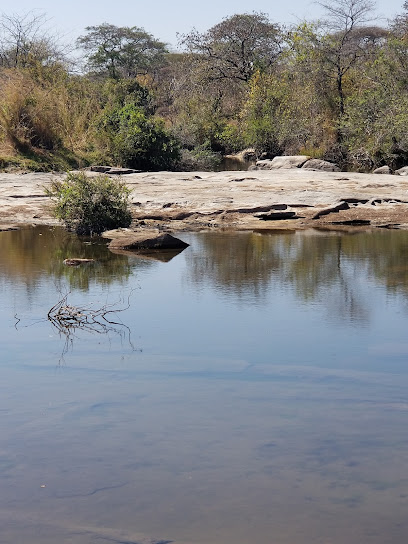
River Side Park
Discover tranquility at River Side Park in Kondoa, where lush landscapes meet vibrant local culture for a rejuvenating escape.
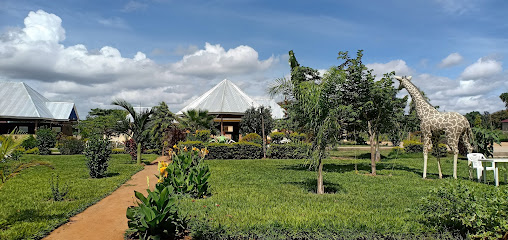
Bondwa Peak
Explore Bondwa Peak, a stunning nature preserve in Tanzania, perfect for hiking, wildlife viewing, and immersing yourself in breathtaking landscapes.
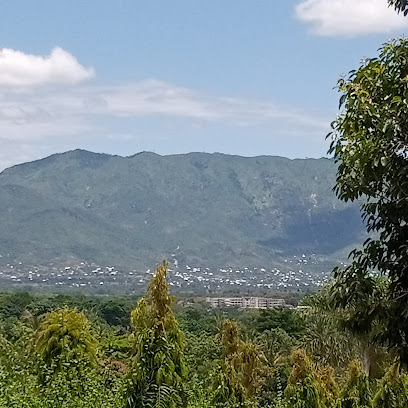
Muhesi Game Reserve
Experience the breathtaking landscapes and diverse wildlife of Muhesi Game Reserve, a hidden gem in the heart of Tanzania's nature preserves.
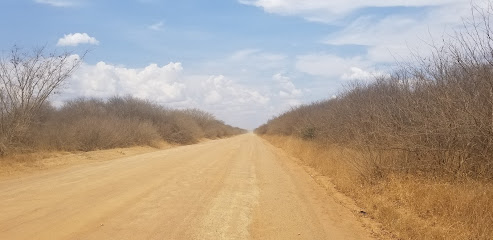
Kondoa Irangi Rock Paintings
Explore the Kondoa Irangi Rock Paintings, a UNESCO World Heritage site showcasing stunning prehistoric art in Tanzania's breathtaking landscapes.
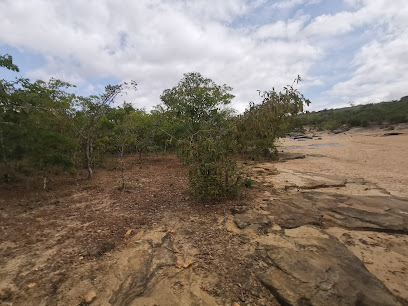
Sekenke mountains
Explore the stunning Sekenke Mountains in Tanzania - a paradise for nature lovers and adventure seekers, filled with breathtaking views and rich biodiversity.
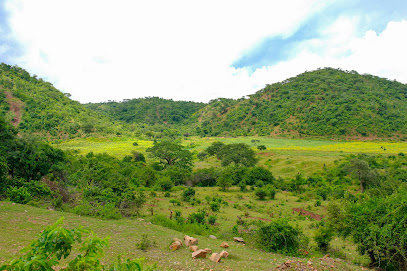
Swagaswaga Game Reserve Headquarter
Discover the wild charm of Swagaswaga Game Reserve, a stunning national reserve in Tanzania, home to diverse wildlife and breathtaking landscapes.
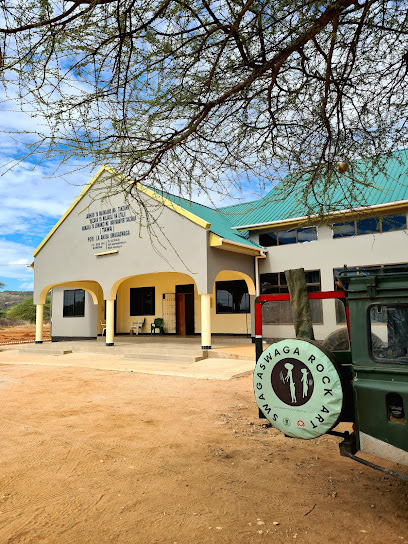
Essential places to dine
Am not owning this
Discover Mtipa's vibrant culinary scene with authentic Tanzanian flavors and an unforgettable dining experience.
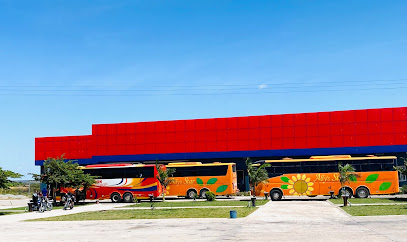
KBH Hotel
Discover the serene beauty of Lake Singida at KBH Hotel - where comfort meets culture amidst stunning landscapes.
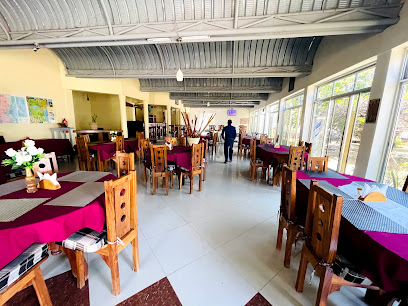
Yaa Razaq
Discover authentic Tanzanian cuisine at Yaa Razaq in Singida – where every meal is a celebration of local flavors and hospitality.
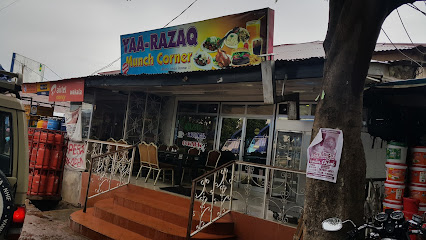
Ma'Clareee Food Court & RALI GROUP GENERAL SUPPLIES
Discover authentic Tanzanian flavors and international delights at Ma'Clareee Food Court in Singida - a culinary gem waiting for your taste buds.
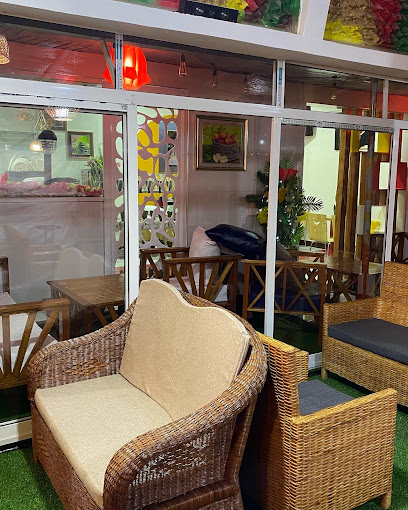
Nuru Snack
Discover Nuru Snack in Singida: where traditional Tanzanian flavors meet modern dining in a cozy atmosphere.

Alex Makuku
Discover the rich flavors of Tanzania at Alex Makuku, where every meal is a journey into local culinary traditions.
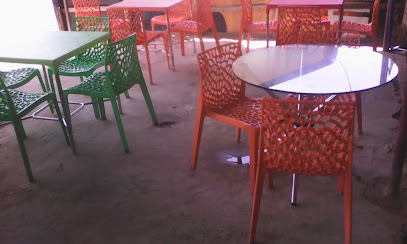
NEXT ROOM
Discover authentic Tanzanian flavors at NEXT ROOM in Singida - where every meal tells a story.
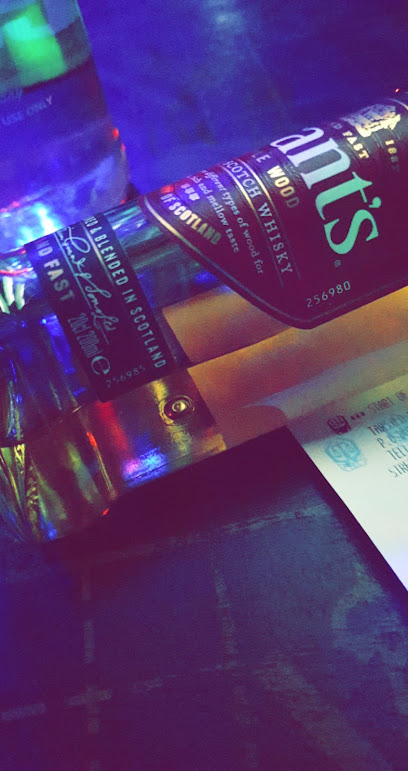
Azam Restaurant
Experience the rich culinary heritage of Tanzania at Azam Restaurant in Singida – where every meal tells a story.
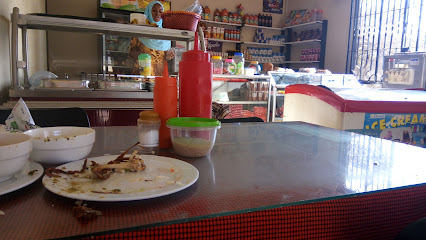
Msinga Lodge and Restaurant
Experience authentic Tanzanian cuisine and hospitality at Msinga Lodge & Restaurant in the heart of Singida Town.
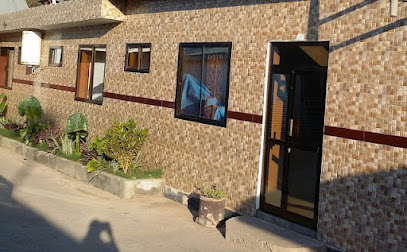
Ngamu
Discover Ngamu in Digwa - A culinary treasure offering authentic Tanzanian dishes amidst warm hospitality.
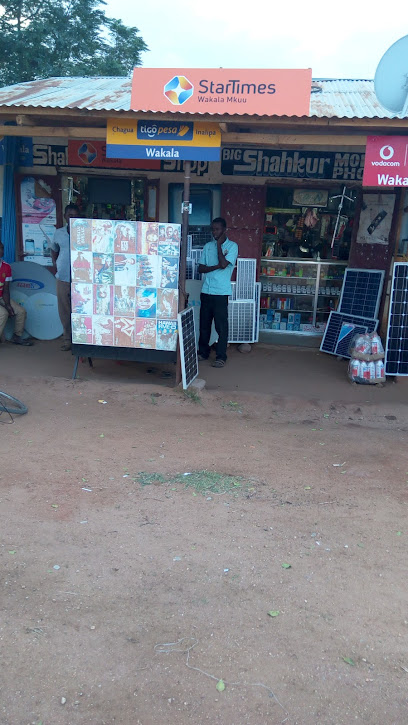
Marangu Restaurant
Experience authentic Tanzanian cuisine at Marangu Restaurant in Singida – where every dish tells a story.

Singida Country Inn
Experience authentic Tanzanian cuisine at Singida Country Inn - where local flavors meet warm hospitality.
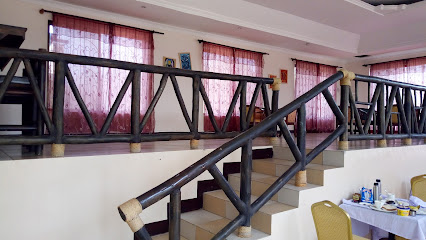
rozana
Discover authentic Tanzanian cuisine at Rozana in Singida - where every meal is a celebration of local flavors and hospitality.
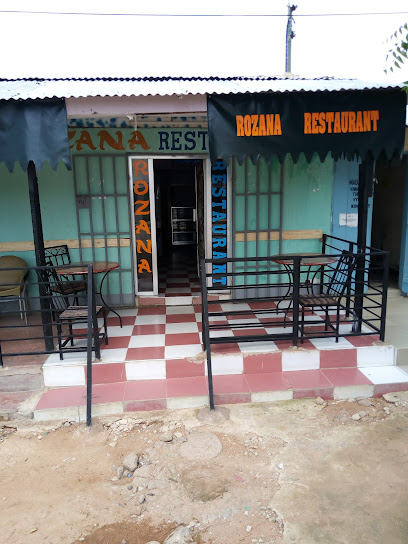
The Amazon Pork Point
Experience authentic Tanzanian flavors at The Amazon Pork Point in Singida, where every dish tells a story of local culinary traditions.
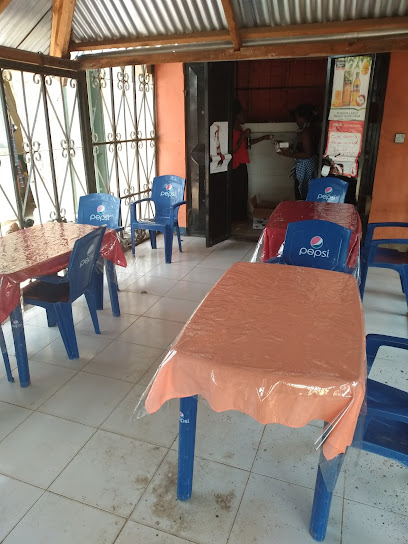
Singida Food Cafe'
Experience authentic Tanzanian cuisine in a cozy atmosphere at Singida Food Cafe - your gateway to local flavors in Singida.
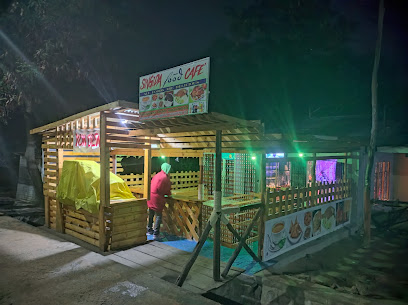
Markets, malls and hidden boutiques
Eat More Shop
Experience the vibrant mix of shopping and local culture at Eat More Shop in Singida, Tanzania.
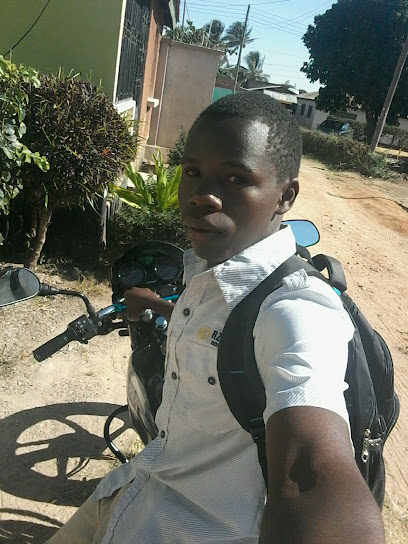
Komboi General Store
Experience the heart of Singida at Komboi General Store, where local life and culture come together in a charming shopping destination.
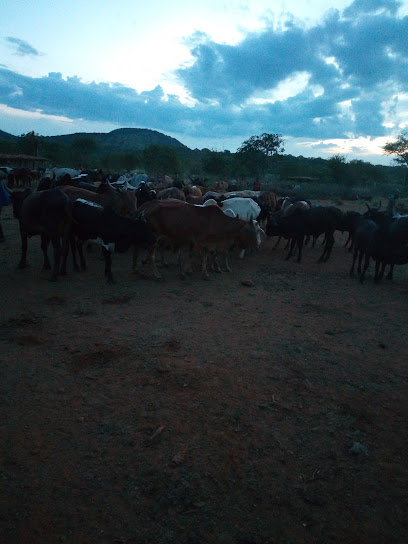
Nkungi
Explore Nkungi, Singida's premier furniture store, showcasing exquisite local craftsmanship and unique designs for your home décor needs.

Clothing and Beauty Center
Explore the Clothing and Beauty Center in Singida for a unique shopping experience blending local culture with trendy fashion and beauty products.
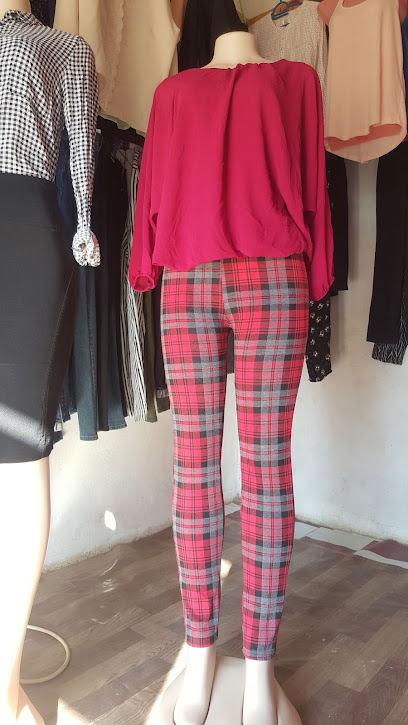
Bibi Jojo Shop
Explore the vibrant Bibi Jojo Shop in Singida for unique Tanzanian crafts and souvenirs that embody the local culture and artistry.
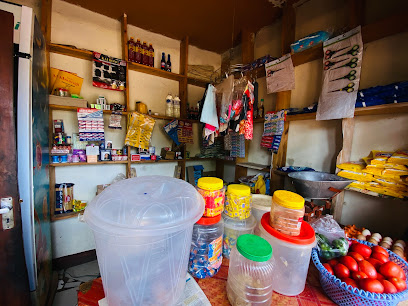
Jaffer’s Shop
Explore Jaffer’s Shop in Singida for unique home goods and souvenirs that reflect the vibrant culture of Tanzania.

Smartness mini mart
Explore Smartness Mini Mart in Singida for an authentic shopping experience filled with local treasures and vibrant culture.
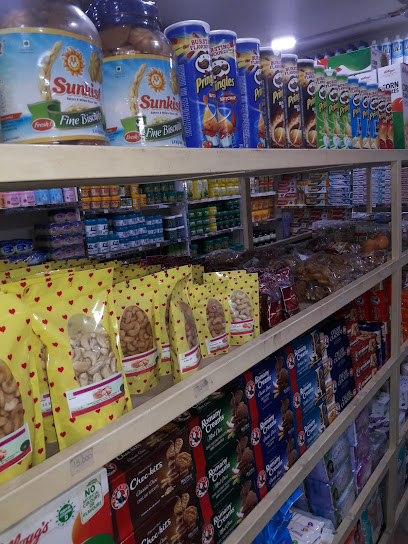
Joe Fashion
Discover unique Tanzanian fashion at Joe Fashion in Singida, where local culture meets contemporary style and vibrant apparel awaits every traveler.

Mwalimu shop & coolgang inc.
Experience a delightful array of flavors at Mwalimu shop & coolgang inc., the premier ice cream destination in Singida, Tanzania.
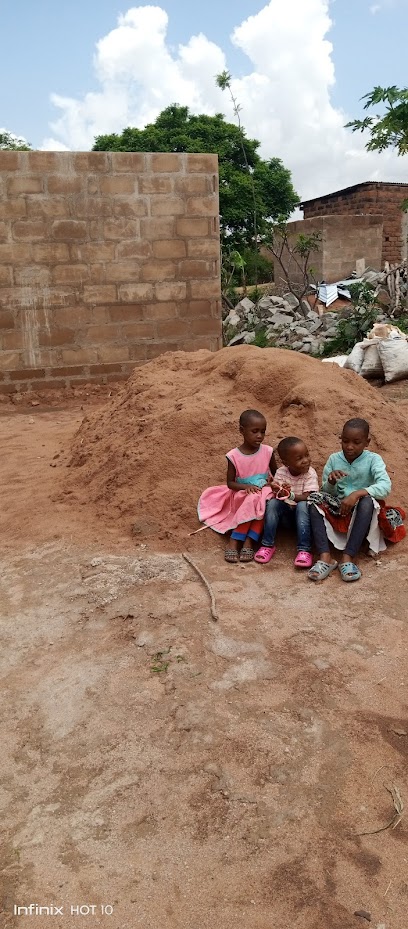
UPTOWN CLOTHING SHOP
Discover unique styles at UPTOWN CLOTHING SHOP in Singida, where local culture meets contemporary fashion for an unforgettable shopping experience.
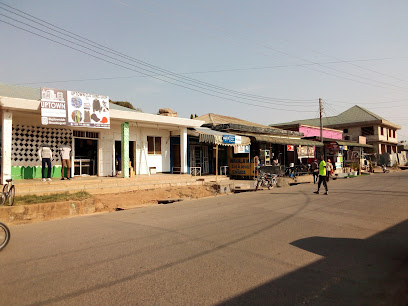
F&J.Fashion Tz, Singida Branch
Explore F&J Fashion Tz in Singida for stylish clothing and unique fashion finds that celebrate local culture and trend.
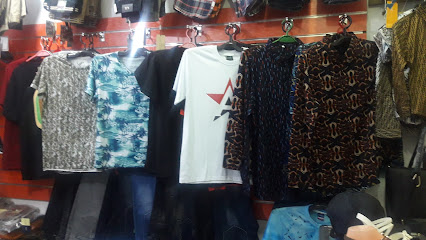
Shayo Urembo
Discover the essence of Singida at Shayo Urembo, where local culture meets a unique shopping experience filled with artisanal treasures.
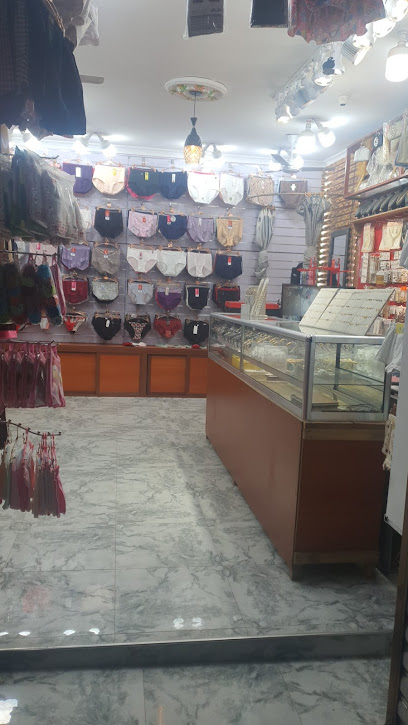
MAMA MCHAGAA NGUO ZA MTUMBA SHOP
Explore the vibrant world of second-hand fashion at MAMA MCHAGAA NGUO ZA MTUMBA SHOP in Singida - your gateway to unique Tanzanian styles.
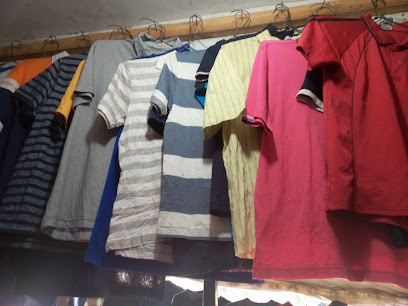
Ambrose Garage
Explore local craftsmanship and unique home goods at Ambrose Garage in Singida, a charming destination for tourists seeking authentic souvenirs.

Mnyampanda Shop Singida
Discover quality hardware and local craftsmanship at Mnyampanda Shop, a vibrant hub in Singida, Tanzania, perfect for tourists and locals alike.
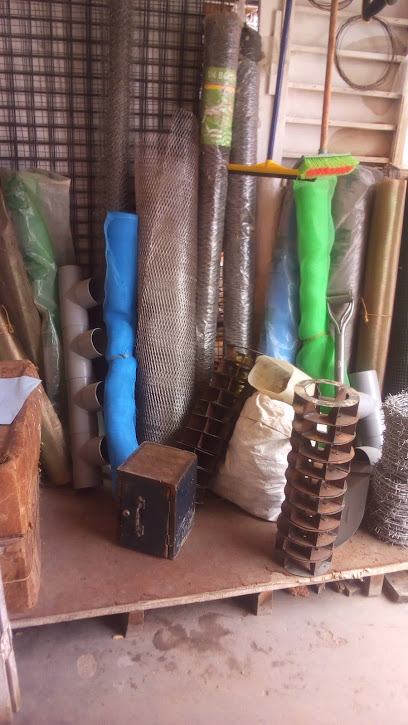
Essential bars & hidden hideouts
Kirima Lodge and Bar
Discover Kirima Lodge and Bar in Singida - a vibrant pub offering delicious food, refreshing drinks, and lively music for an unforgettable experience.
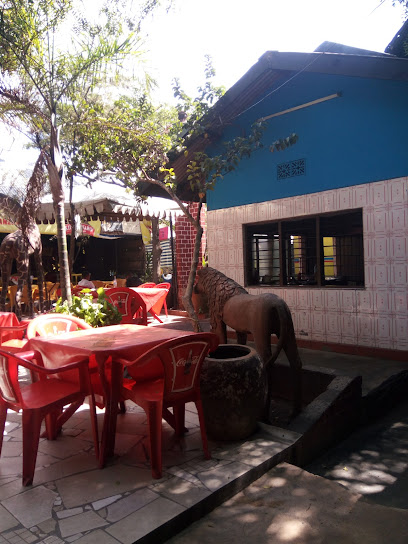
THE RODE CLUB
Experience the lively nightlife at The Rode Club in Singida, Tanzania - a vibrant bar with local flavors and a welcoming atmosphere.
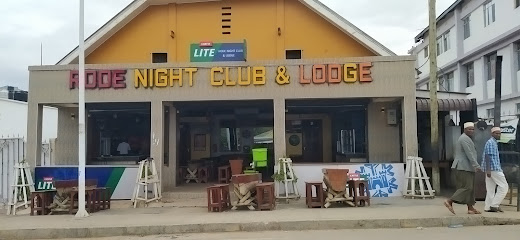
Serengeti Pub, Singida, Tanzania
Discover the vibrant Serengeti Pub in Singida, where locals and travelers unite for great drinks and unforgettable experiences.
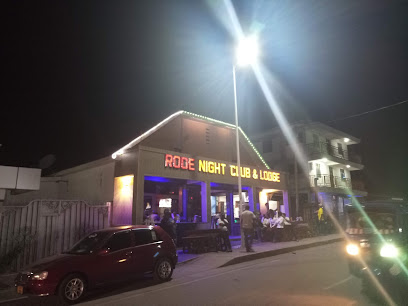
Rwezahula Pub
Discover the heart of Singida's nightlife at Rwezahula Pub, where local flavors and vibrant culture come alive in a warm and welcoming atmosphere.
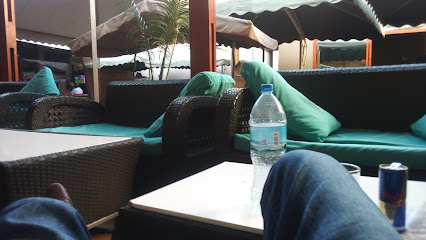
Sky Way Pub
Experience the vibrant atmosphere of Sky Way Pub in Singida, where local culture meets a delightful menu and refreshing drinks.
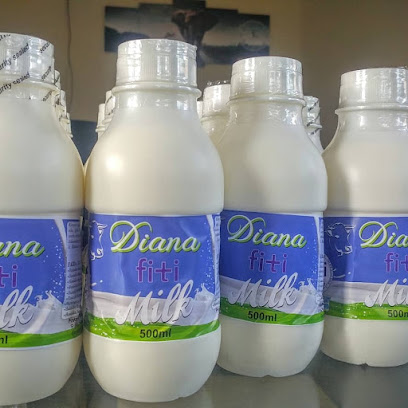
JJ The Great Pub
Discover the lively ambiance of JJ The Great Pub, a social hub in Singida, offering local drinks and a vibrant atmosphere for all visitors.
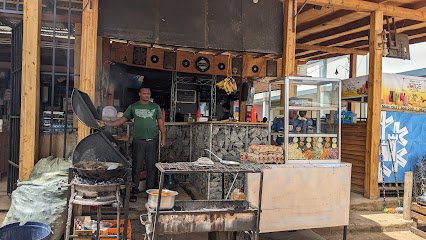
Annienail bar Singida
Experience the vibrant nightlife and local flavors at Annienail Bar in Singida, a must-visit destination for travelers seeking authentic moments.
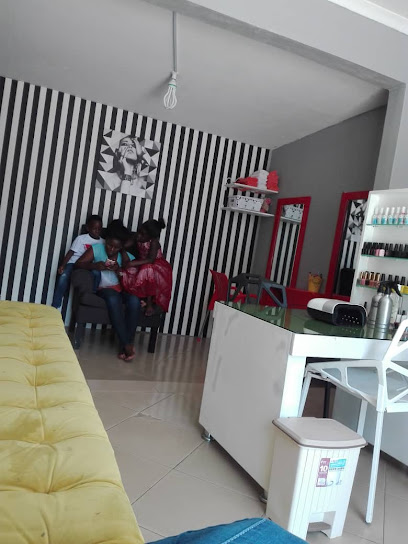
Infinity Bar & Lounge
Experience the perfect blend of relaxation and local culture at Infinity Bar & Lounge in Singida, where every sip tells a story.
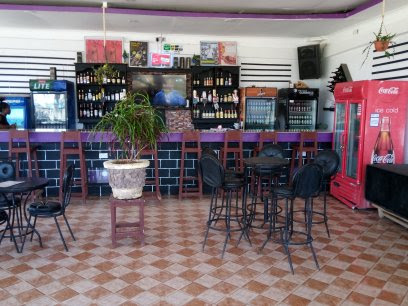
Ngurudoto bar
Experience the vibrant nightlife at Ngurudoto Bar in Singida, where local culture meets refreshing drinks in an inviting atmosphere.
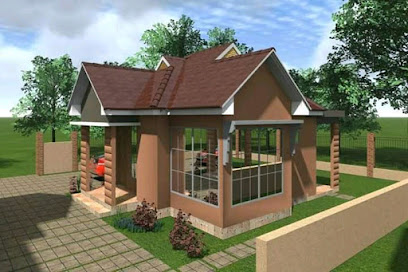
West Villa Pub
Discover the vibrant nightlife at West Villa Pub in Singida - a local favorite for drinks, music, and great company!
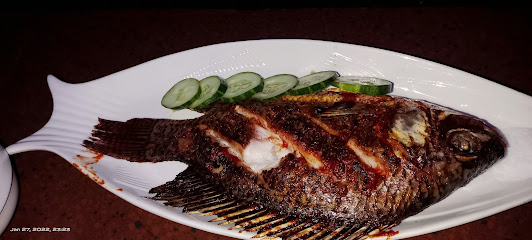
Eminado Pub
Discover the heart of Singida's nightlife at Eminado Pub, where local culture meets refreshing drinks and vibrant conversations.
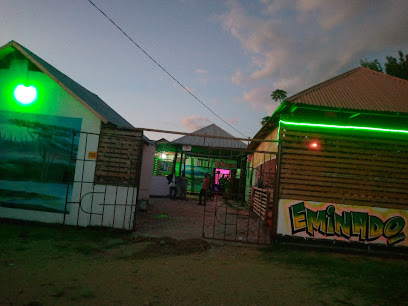
Mimosa. Lounge
Experience the vibrant nightlife and stunning lakeside views at Mimosa Lounge in Singida, the perfect spot for relaxation and socializing.
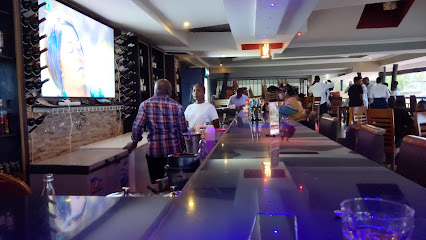
Joyner Pub
Experience the local charm and vibrant atmosphere at Joyner Pub, a must-visit bar in Singida for travelers seeking authentic Tanzanian nightlife.

Nyokaa Lounge
Discover the lively Nyokaa Lounge in Singida, where refreshing drinks and vibrant ambiance create the perfect evening escape.
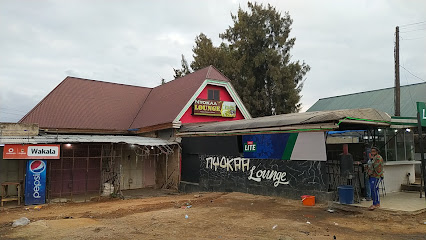
Pick point pub
Discover the vibrant essence of local Tanzanian nightlife at Pick Point Pub in Singida, where culture and camaraderie come together.

Local Phrases
-
- HelloShikamoo
[shee-kah-moh] - GoodbyeKwaheri
[kwah-heh-ree] - YesNdio
[nn-dee-oh] - NoHapana
[hah-pah-nah] - Please/You're welcomeTafadhali
[taf-ah-dah-lee] - Thank youAsante
[ah-sahn-teh] - Excuse me/SorrySamahani
[sah-mah-hah-nee] - How are you?Habari yako?
[hah-bah-ree yah-koh] - Fine. And you?Salama. Na wewe?
[sah-lah-mah. nah weh-weh] - Do you speak English?Unasema Kiingereza?
[oo-nah-seh-mah kee-een-geh-reh-zah] - I don't understandSielewi
[see-eh-leh-wee]
- HelloShikamoo
-
- I'd like to see the menu, pleaseNingependa kuona menyu, tafadhali
[ning-eh-pen-dah kwoh-nah men-yoo, tah-fah-dah-lee] - I don't eat meatSili nyama
[see-lee n-yah-mah] - Cheers!Maisha marefu!
[my-sheh mah-reh-foo] - I would like to pay, pleaseNingependa kulipa, tafadhali
[ning-eh-pen-dah koo-lee-pah, tah-fah-dah-lee]
- I'd like to see the menu, pleaseNingependa kuona menyu, tafadhali
-
- Help!Msaada!
[msah-ah-dah] - Go away!Nenda zako!
[nen-dah zah-koh] - Call the Police!Piga simu polisi!
[pee-gah see-moo poh-lee-see] - Call a doctor!Piga simu daktari!
[pee-gah see-moo dahk-tah-ree] - I'm lostNimepotea
[nee-meh-poh-teh-ah] - I'm illNinaumwa
[nee-nah-oom-wah]
- Help!Msaada!
-
- I'd like to buy...Ningependa kununua...
[ning-eh-pen-dah koo-noo-noo-ah...] - I'm just lookingNatazama tu
[nah-tah-zah-mah too] - How much is it?Bei ni kiasi gani?
[beh-ee nee kyah-see gah-nee] - That's too expensiveHiyo ni ghali sana
[hee-yoh nee gah-lee sah-nah] - Can you lower the price?Unaweza kupunguza bei?
[oo-nah-weh-zah koo-poon-goo-zah beh-ee]
- I'd like to buy...Ningependa kununua...
-
- What time is it?Ni saa ngapi?
[nee sah-ah ngah-pee] - It's one o'clockNi saa moja
[nee sah-ah moh-jah] - Half past (10)Nusu saa kumi
[noo-soo sah-ah koo-mee] - MorningAsubuhi
[ah-soo-boo-hee] - AfternoonMchana
[m-chah-nah] - EveningJioni
[joh-ee-oh-nee] - YesterdayJana
[jah-nah] - TodayLeo
[leh-oh] - TomorrowKesho
[keh-shoh] - 1Moja
[moh-jah] - 2Mbili
[m-bee-lee] - 3Tatu
[tah-too] - 4Nne
[n-neh] - 5Tano
[tah-noh] - 6Sita
[see-tah] - 7Saba
[sah-bah] - 8Nane
[nah-neh] - 9Tisa
[tee-sah] - 10Kumi
[koo-mee]
- What time is it?Ni saa ngapi?
-
- Where's a/the...?Iko wapi...?
[ee-koh wah-pee] - What's the address?Anwani ni ipi?
[ahn-wah-nee nee ee-pee] - Can you show me (on the map)?Unaweza kunionyesha (kwenye ramani)?
[oo-nah-weh-zah koo-nee-oh-nyeh-shah (kweh-neh rah-mah-nee)] - When's the next (bus)?Basi lijalo ni saa ngapi?
[bah-see lee-jah-loh nee sah-ah ngah-pee] - A ticket (to ....)Tiketi (kwenda ....)
[tee-keh-tee (kwehn-dah)]
- Where's a/the...?Iko wapi...?
History of Singida
-
Singida, located in central Tanzania, has been inhabited for thousands of years. The region's earliest settlers were likely members of the Bantu-speaking ethnic groups, who migrated to this area during the Bantu expansion. These early communities were primarily agrarian, relying on farming and pastoralism to sustain their livelihoods.
-
In the 18th and 19th centuries, the Nyamwezi people, known for their extensive trade networks, had a significant influence on Singida. They established trade routes that connected the region to the coastal cities and other inland areas. The Nyamwezi facilitated the exchange of goods such as salt, ivory, and iron, contributing to Singida's economic development.
-
Singida fell under German colonial rule at the end of the 19th century when Tanzania became part of German East Africa. The Germans established administrative structures and built infrastructure, including roads and railways, which connected Singida to other parts of the colony. Despite this development, the local population faced harsh treatment and heavy taxation under colonial rule.
-
After World War I, the League of Nations mandated Tanganyika (modern-day Tanzania) to British control. Under British administration, Singida continued to develop, albeit at a slower pace. The British focused on agricultural development, introducing cash crops such as cotton and sisal. Missionaries also played a role during this period, establishing schools and health facilities in the area.
-
Tanzania gained independence from British rule in 1961, and Singida became part of the newly independent nation. The post-colonial government, led by President Julius Nyerere, implemented policies aimed at promoting social and economic development. Singida saw improvements in education, healthcare, and infrastructure, though challenges such as poverty and limited resources persisted.
-
Singida is home to a diverse mix of ethnic groups, including the Nyaturu, Nyamwezi, and Sukuma. Each group has its unique cultural practices, languages, and traditions. The region is known for its vibrant festivals, traditional dances, and artisanal crafts. Singida's cultural heritage is also reflected in its cuisine, which features staple foods such as maize, millet, and sorghum.
-
Today, Singida is a bustling town that serves as a regional hub for commerce and administration. The town has modern amenities, including markets, schools, and healthcare facilities. Efforts to harness renewable energy sources, such as solar power, are also underway, aiming to improve the quality of life for Singida's residents while preserving the region's natural environment.
Singida Essentials
-
Singida is located in the central part of Tanzania. The nearest major airport is Julius Nyerere International Airport (DAR) in Dar es Salaam, which is approximately 700 kilometers away. From Dar es Salaam, you can take a domestic flight to Dodoma, the nearest city with an airport to Singida, and then travel by road. Buses and private taxis are available for the journey from Dodoma to Singida, which takes about 4 to 5 hours by road. Alternatively, buses operate directly from Dar es Salaam to Singida, with the journey taking around 10 to 12 hours.
-
Within Singida, transportation options include local minibuses (dala-dalas), motorcycle taxis (boda-bodas), and regular taxis. Dala-dalas are the most common and cost-effective way to get around, but they can be crowded. Motorcycle taxis are quicker for short distances but ensure the driver provides a helmet. For a more comfortable journey, taxis are available and can be arranged through your hotel or local taxi stands. Renting a car is also an option for those who prefer to travel independently, though it is advisable to have a GPS or a local guide.
-
The official currency in Tanzania is the Tanzanian Shilling (TZS). Credit cards are accepted in some hotels, restaurants, and larger shops, but it's advisable to carry cash, especially in smaller establishments and rural areas. ATMs are available in Singida, where you can withdraw Tanzanian Shillings. Keep in mind that not all ATMs accept international cards, so having some cash on hand is always a good idea.
-
Singida is generally a safe destination for tourists, but like any place, it is important to take standard precautions. Avoid walking alone at night, particularly in less populated areas, and always keep an eye on your belongings in crowded places. Be cautious in neighborhoods that are less frequented by tourists, as petty crimes like pickpocketing can occur. Stick to well-lit areas and avoid displaying valuable items openly.
-
In case of emergency, dial 112 for immediate assistance. Singida has local police stations and medical facilities available for emergencies. It is highly recommended to have travel insurance that covers medical emergencies. For minor health issues, there are pharmacies where you can purchase over-the-counter medications. Always carry a copy of your personal identification and travel insurance details.
-
Fashion: Do dress modestly, especially outside of tourist areas. Avoid wearing revealing clothing. Religion: Do respect local customs and traditions, especially in religious places. Remove your shoes when entering mosques or temples. Public Transport: Do be polite and respectful to fellow passengers. Don't eat or drink on public transport. Greetings: Do greet people with a handshake and a smile. Using 'Shikamoo' (a respectful greeting) for elders is appreciated. Eating & Drinking: Do try local dishes and accept food offerings graciously. Don't refuse hospitality as it is considered impolite.
-
To experience Singida like a local, visit the bustling Singida Market where you can buy fresh produce and traditional Tanzanian goods. Engage with locals, as they are often friendly and willing to share stories about their culture and history. Don't miss visiting the Singida Rock Paintings and Lake Singida for a unique experience. Try local delicacies like 'ugali' (a type of maize porridge) and 'nyama choma' (grilled meat). For a truly local experience, consider attending a traditional dance or music event in the area.
Trending Landmark in Singida
Nearby Cities to Singida
-
Things To Do in Dodoma
-
Things To Do in Tabora
-
Things To Do in Arusha
-
Things To Do in Mwanza
-
Things To Do in Moshi
-
Things To Do in Iringa
-
Things To Do in Morogoro
-
Things To Do in Nairobi
-
Things To Do in Mbeya
-
Things To Do in Tanga
-
Things To Do in Naivasha
-
Things To Do in Bukoba
-
Things To Do in Stone Town
-
Things To Do in Zanzibar City
-
Things To Do in Nakuru






